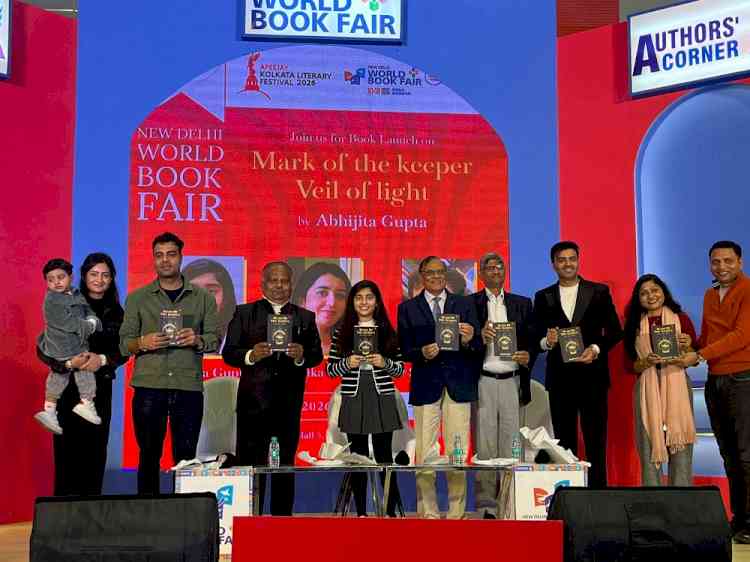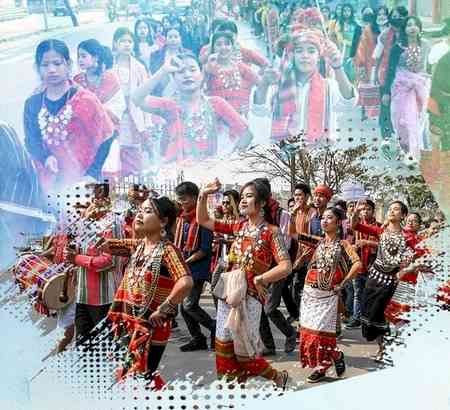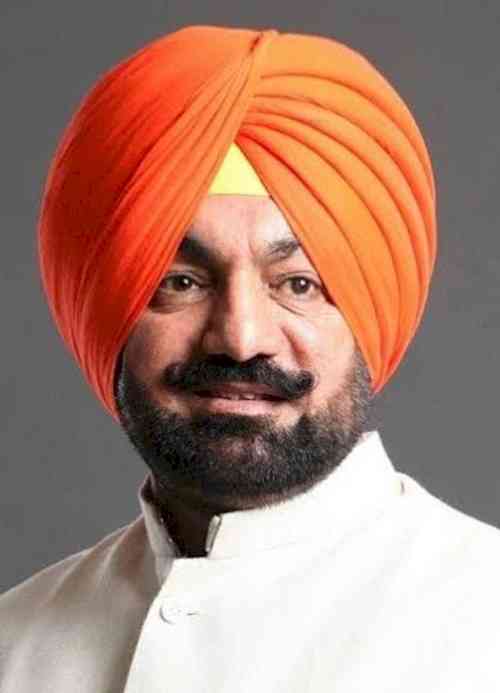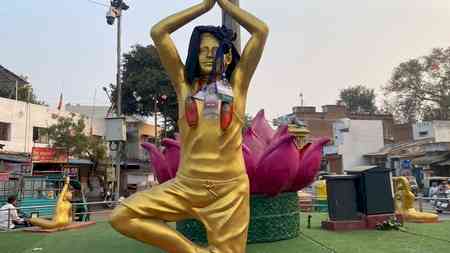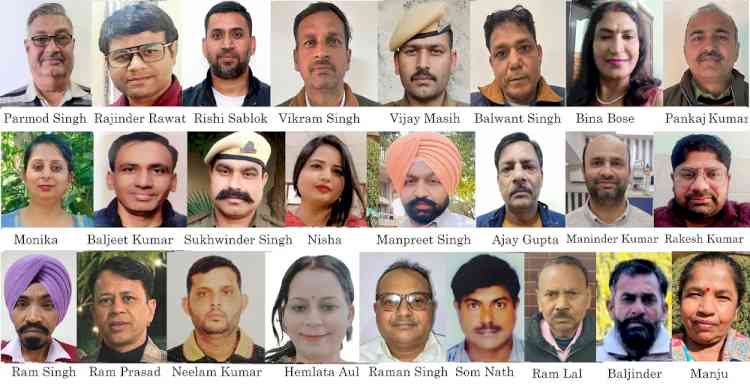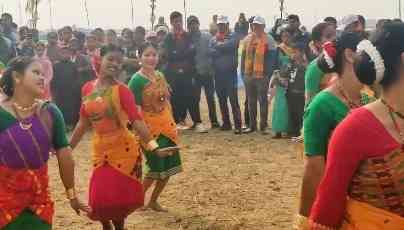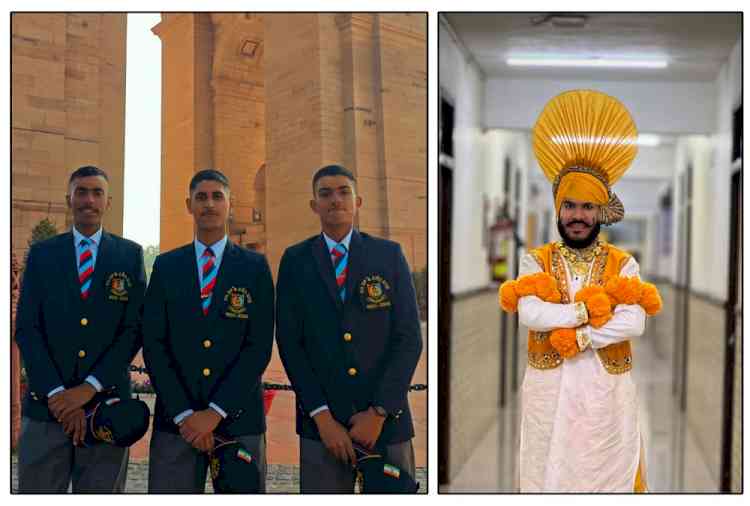Hindu Rashtra is exclusionist’: Authors debate the politics of Hindutva and Hinduism
Author-diplomat and former Rajya Sabha MP Pavan K Varma and investor-author Harsh Madhusudan debated the political nuances around Hindu, Hindutva, Hinduism, and the idea of a nation-state.
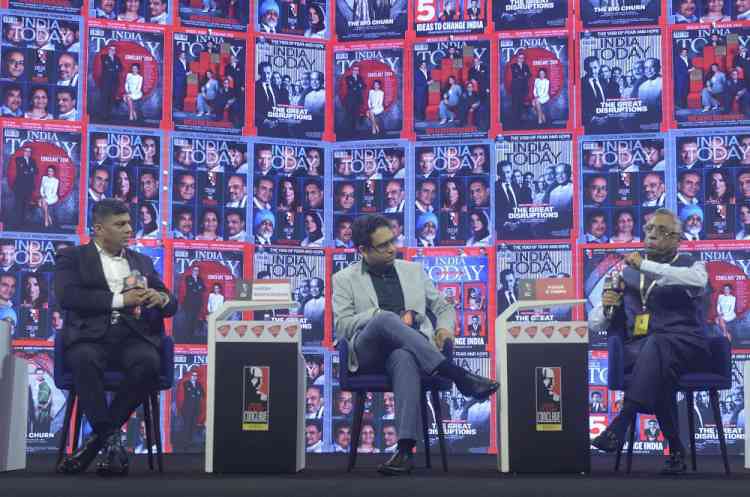
Pavan K Varma, author-diplomat and former Rajya Sabha MP, said he is “wary” of the label “Hindu Rashtra” because it is exclusionist by definition, which Hinduism itself has not been. He was speaking at the India Today Conclave Mumbai 2022.
“There is a principal identity and certain scholars are aware of it. They are critical of this because, perhaps, they do not want, in today’s milieu, for political and maybe valid reasons, to accept the greatness of a civilization and its multifaceted achievements.
“Hindu civilisation dates back to the dawn of time. With greater research, we know that the previous theory of Aryans coming to India in 1500 BC has been rubbished by historians. The antiquity of this civilization has been pushed back as a result of research on the elusive river Saraswati. We now go back to 4,000 BC if not more,” he said.
Investor and author Harsh Madhusudan disagreed, saying: “If you are proud of the Hindu civilization, it is the Hindu Rashtra.” He sought to define Hindu Rashtra as a “subset of dharma, which is universal, and overlaps Bharatiya sanskriti (culture)”. “It is simply the local idiomatic expression of a universal dharma. In India, we never have a minority problem with Parsis, Jains, or Jews. We have a problem where there is aggressive tendencies to convert and diffidence about accepting nationality wholesale,” he said.
“They refuse to accept the nation-state in an ideological sense as it goes against the unity of Umma. You have Christian analogies of that as well. So there is a fundamental problem in the acceptance of the Indian nation-state by the two universalising homogenizing Abrahamic religions,” Madhusudan added.
“In 1971, nobody from Bangladesh wanted to join India and nobody from West Bengal was keen on the neighbouring nation joining India despite the claims of Bengali cultural identity. So, it is de facto a reality that the Indian nation-state is a legacy of the Hindu dharmic civilization,” he pointed out.
‘HINDU IS POLITICAL’
“Hinduism, per se, is political. The differentiation between Hinduism and Hindutva makes one conscious of one’s non-Abrahamic status in a largely Abrahamic world. The word first came into being in the 13th century to differentiate from the Turkish Muslim invaders and the ‘ism’ was added to it in the 19th century by Raja Ram Mohun Roy,” he said.
Madhusudan said the word Hindu, by definition, categorises a segment of people under an umbrella, a commonwealth of religions, even though they may worship different gods. “So the word Hinduism must be political as it cannot be theological or spiritual as no Hindu text or shruti or smriti mentions the word,” he added.
Varma countered, saying the word Hindu was first used by Greek historian Megasthenes when he visited the court of Chandragupta Maurya in the 4th century BCE. “A people conscious of their civilizational status may not have a word to describe themselves but they are aware of the concept. They are often described by outsiders, like the Persians or Chinese,” he said.
“Therefore, Hindus were not conceived as a political entity. They were conceived as a cultural entity,” Varma sought to explain.
Varma said: “Abrahamic faiths don’t understand the natural diversity within Hinduism’s framework of unity. We don’t have one God or one church. We have six systems of Hindu philosophy and each of them can technically be called atheist as they don’t talk about God. They talk about what could be the ultimate truth.”


 City Air News
City Air News 
